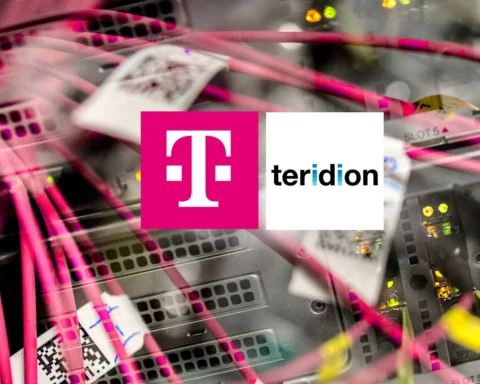“When I describe a person in this way, I have a high regard for them. Because these people overcome difficulties that might break others. Psychology has been studying resilience since the 1990s. For a long time, it was considered innate. Today, psychologists see resilience as the result of a dynamic process. In other words, we overcome problems when we learn to deal with stressful situations of all kinds.
Resilience shows when the going gets tough: What applies to individuals also applies to companies. The current pandemic in particular shows whether a company can “withstand something. Will the supply chains break? Can employees work together smoothly from home? Will customer contact hold? Within a few weeks, we have learned that a company’s resilience is just as important as its productivity and competitiveness. And ultimately forms the indispensable basis for long-term economic success.
Time Machine Pandemic
At the same time, we have observed that digitization strengthens companies’ immune defenses. It’s hard to imagine if Covid-19 had hit us 30 years ago. The global economy would probably have collapsed. The network is saving us from that. Our Digitization Index for SMEs 2020/2021 has shown that digital pioneer companies come through the crisis better. 77 percent of digital leaders in SMEs responded quickly and flexibly to the crisis with digital solutions. In the entirety of all companies, only 36 percent of the respondents claim this about themselves. But they also learned quickly: more than a third of the companies surveyed digitized important processes in the short term. What experts in digitization have been preaching to them for years, they implemented overnight. Yes, Corona is a disaster. But the virus is also causing a change in thinking. It is forcing companies to arm themselves against further crises with the help of digital transformation.
Mastering the crisis with readiness for change and agility
But it’s also clear that digitization alone won’t fix things. Only those who are ready for change can cope with the unexpected. I am convinced that this attitude can be trained. We all have to do it. Because none of us knows how long we will have to live with the pandemic. And whether the next crisis might not already be waiting for us.
And that’s why so many of our employees were willing to break out of the familiar during the crisis. We did everything we could to ensure that people could stay connected, both privately and professionally. That they can also do their jobs virtually and from home. We took a pragmatic approach. We asked ourselves what would help our customers in the current situation. We said goodbye to some processes. And we saw this challenge as our common task.
Emerging stronger from the crisis
The good news is that these defenses can be trained – even in your company. You should pay particular attention to these three aspects:
- Communication is everything: Crises make people thin-skinned. Customers are taking a closer look: Who is a reliable partner? Who conveys closeness even at a distance? Stay in touch: with your customers, with your partners and suppliers – and, of course, with each other. We, for example, have come up with new ways of being together and invited our customers to a digital business dinner or to two purely virtual Digital X editions.
- Digital fitness needs training: Offer your employees targeted training opportunities. We, too, offered training in digital working, workshops for digital customer meetings, and on how to use platforms. In the future, we will all need more digitization expertise in order to remain innovative and withstand crises. Everyone should get to grips with digital trends and topics such as the Internet of Things (IoT), artificial intelligence and data analytics.
- Team spirit strengthens resilience: We can only overcome times of crisis together. But team spirit cannot be prescribed; it requires a culture of trust. Leadership must show empathy and encourage others. In recent months, I’ve met with my team mainly virtually – sometimes for a coffee, for sports, to celebrate a business success, and for a team dinner via WebEx. Such occasions create a sense of community that carries us through times of crisis. And also makes normal business more enjoyable.






